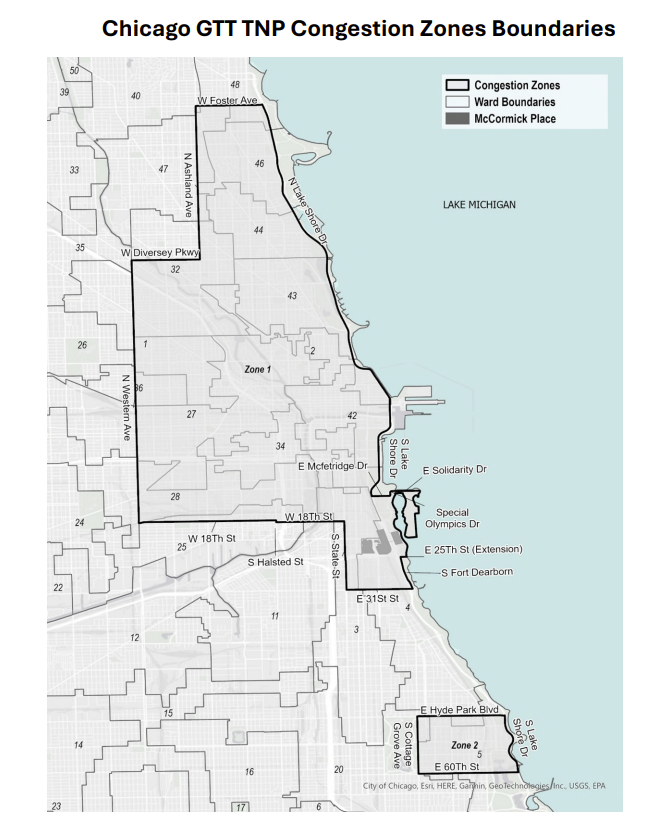While Election 2004 is not going to be decided in the nation’s courts, file sharing—another highly contested issue dear to students’ hearts—might be.
Last month, the recording and film industries petitioned the Supreme Court to reverse a lower-court decision that ruled in favor of file sharing programs. A consortium of parties that include 41 state attorney generals, the National Basketball Association (NBA), labor unions such as the Screen Actors Guild, retailers such as Netflix Inc., Napster, and performing artists such as Sheryl Crow are also urging the Supreme Court to hear the case.
Several lawsuits on file sharing have been heard in the nation’s courts with mixed rulings. Last year, the 7th U.S. Circuit Court of Appeals in Chicago upheld a lower court decision that shut down Madster, a file sharing program. However, the recording and film industries are asking the Supreme Court to reverse a ruling made in August by the 9th U.S. Circuit Court of Appeals in San Francisco, which upheld a lower court’s favorable ruling to file sharers. The San Francisco case ruled that Grokster Ltd., which provides a file sharing program by the same name, and StreamCast Networks Inc., which provides the Morpheus file sharing program, were not liable for their users’ actions, which may include illegally distributing copyrighted material.
Networking Services and Informational Technology Manager of Network Security Conor McGarth said it would be difficult to say what this means for students at the University. He noted that if the Supreme Court were to hear and rule in favor of the recording and film industries, the resulting ruling would still be subject to many legal interpretations. He added that the University’s resulting policy would be formulated based on how the University’s legal counsel interprets such a decision.
McGrath, however, said that presently the University does not have the resources or the inclination to aggressively pursue filesharing, explaining that he is more concerned with other security matters, such as protecting the University’s network. The network, which is not firewalled, requires many legitimate academic, research, and business activities, which often include the sharing and dissemination of information.
McGrath also said that it is especially difficult to effectively curtail file sharing, especially at the University. “People always find a way,” he said. “You cannot legislate technology successfully.”
Many students, like Dan Schnitzer, a second-year in the College, remained unfazed at the possibility of the Supreme Court hearing the case. Schnitzer said he had “no qualms with file-sharing,” and also denied the recording and film industries’ claim legitimacy, calling it “propaganda” and “hypocritical,” and suggesting that the problems associated with file sharing rest with the industries and not with the users. “The recording industry says that file sharing is hurting musicians, but in reality it’s the recording industry that is hurting musicians,” he said.
“For example, you could go to Amazon and search for David Bowie and find a CD for $15. It’s not that music isn’t worth that much, but that the recording industries get an unfair amount of profit,” he added, reasoning that this is one of the major reasons students utilize file sharing programs.
The high price of music is the reason many students use file sharing. David Ellenberger, a second-year in the College, said that he recognized that file sharing is “probably illegal,” but maintained that if the practice were to be found illegal he would just borrow music from friends and not patronize retail stores because of the high prices.
Ellenberger, however, felt that file sharing was a “serious issue” that needs to be resolved.







